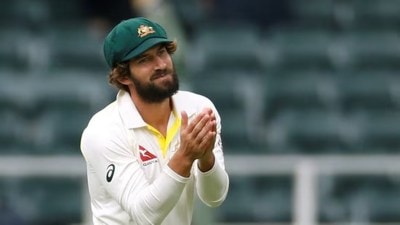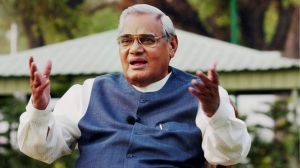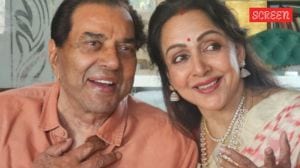In Lifequake, Tarini Mohan confronts her return to a ‘child’s helplessness’ after an accident that left her wheelchair bound
While Lifequake is a story of recovery and discovery, it also rejects any consideration of sainthood or even patience
 Mohan’s Lifequake: A Story of Hope and Humanity (Juggernaut Books)
Mohan’s Lifequake: A Story of Hope and Humanity (Juggernaut Books)Tarini Mohan is fed up with being an inspiration. “When that word lands, it often feels like my entire identity has been flattened into a wheelchair and a struggle, my story reduced to a motivational moment for someone else’s day.” As cataclysmic as her motorcycle accident was, it happened 20 years ago. She’s moved on. She wishes everyone else could do the same.
Mohan’s Lifequake: A Story of Hope and Humanity (Juggernaut Books) is the memoir of a privileged young woman — golden, full of promise — who hopped on the back of a motorcycle enroute to a party in Uganda and emerged from a coma three months later in New Delhi.
The new existence was stunningly different from the one she had lived thus far. Waking in a New Delhi ICU, disoriented, unable to move or speak, blinking in the harsh hospital lights, she tried to make sense of what was happening: “…my nerve endings had forgotten how to process the world. I tried to move my arm but it remained stiff and immovable, resisting my efforts to budge it. Why is my arm locked in a cage? My right leg lay equally mutinous, bound in a medieval-looking brace from ankle to knee…”
While Lifequake is a story of recovery and discovery, told with humour, sarcasm, frustration and gratitude, it’s not what one expects. Not only does it reject any consideration of sainthood or even patience, it is told with an unusual blend of anger, surprise, curiosity and confidence. Mohan writes with a steely rigour about every aspect of her experience, questioning systems, norms and attitudes but mostly turning the lens unsparingly on herself.
The book reads like a thriller, a page turner and Mohan’s style is immediate, honest and generous, giving the reader more than just a passing glimpse into her confusion and fear in those early days after emerging from the coma. As someone who has worked with disabled people and their families for over 30 years, I was fascinated by her analysis of physiotherapy as practised in the US and in India, or America’s accessibility vs India’s wealth of affordable support staff.
At the same time, I found Mohan’s directness unsettling: there are no easy answers here, no attempt to avoid contradictions or offer platitudes. Instead, she explores the complexities of becoming dependent on her parents as an adult versus her need for privacy and boundaries. Acutely aware of how much their own lives had been changed and grateful for their sacrifices, she still resents her return to a child’s helplessness.
She notes attitudes: people who once considered her an equal with ideas and opinions now treat her as a child, looking instinctively to the “adult” in the room for information; she sees barriers she never noticed before: stairs she can’t climb, theaters she can’t enter, events she can’t participate in. Her hard won self-knowledge allows her to admit weakness, including the poignant willingness to consider that her intelligence, on which so much of her identity was based, is not what it was before the accident. That honesty extends to flashes of self-awareness regarding her privilege as a well-off, highly educated young woman in India, such that she could presume to correct her Hindi-speaking speech therapist’s pronunciation of English words.
I first heard of Tarini in 2010 when a friend told me about her accident. My friend’s son was friends with Tarini’s father and, as my husband likes to say: “it’s a small elite.” I realised later that Tarini’s uncle was a good friend of ours and one of the first people I had met when I moved to India in 1981.
Ironically, Dinesh Mohan was India’s leading expert on road safety and a major proponent of mandatory helmets. Tarini, like so many youngsters, had, at 20, zero concept of her own mortality. Hopping on to the motorcycle taxi in Uganda, which changed her life, seemed to her just another adventure. Helmet? She’d buy one tomorrow!
Forced to confront her recklessness in the cruelest way, she now fully embraces her uncle’s crusade and has herself become an advocate for universal access throughout India.
The writer is the director of the Latika Roy Foundation, a non-profit for disabled children in Dehradun
- 01
- 02
- 03
- 04
- 05































